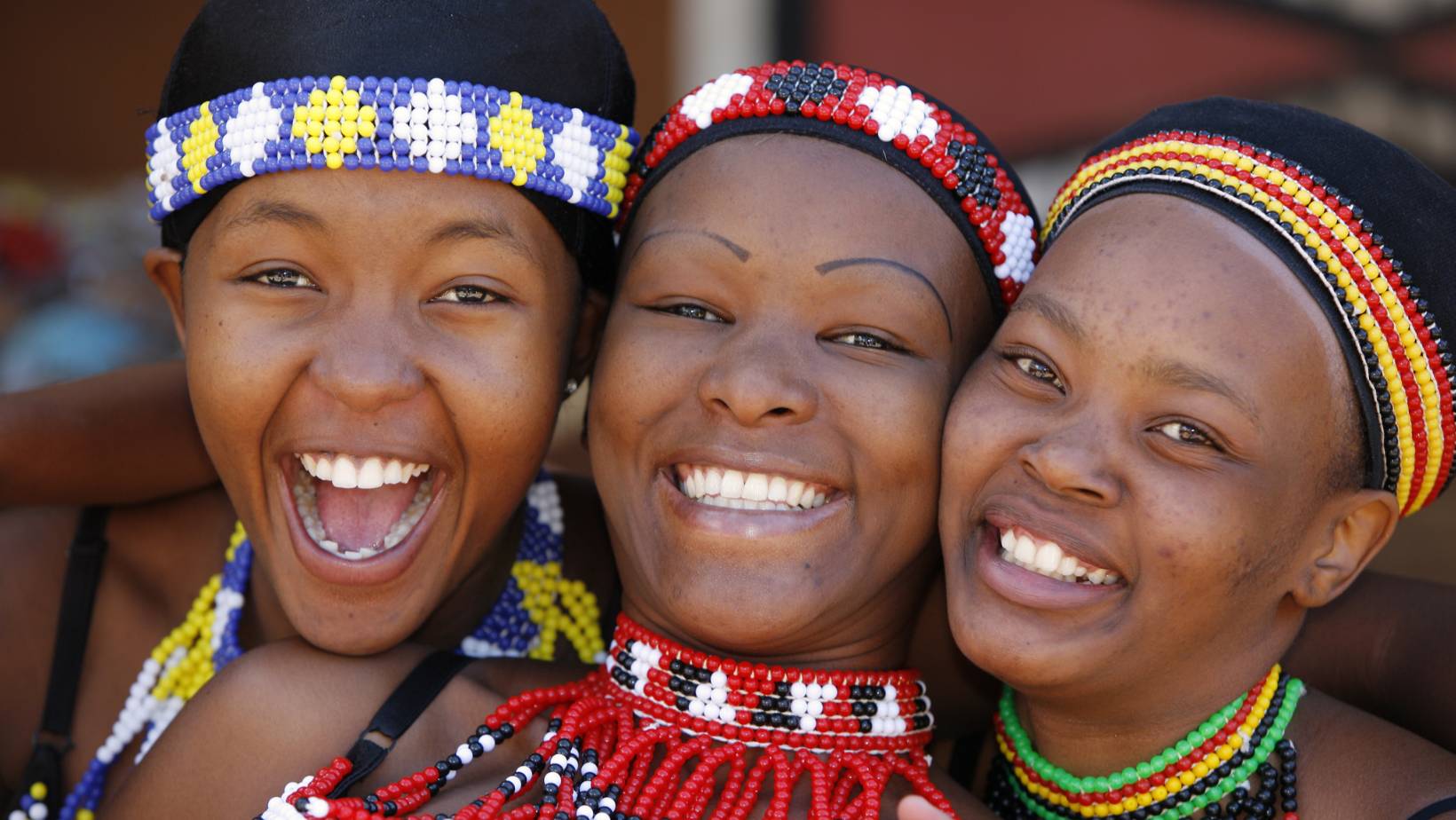National Women’s Day, observed annually on August 9th in South Africa, is a powerful commemoration of women’s strength, resilience, and ongoing fight for equality. As we approach August 9, 2024, it’s crucial to reflect on the historical significance of this day, its impact on South African society, and the continued importance of women’s rights and empowerment globally.
The Historical Roots of National Women’s Day
This day marks a pivotal moment in South African history:
- August 9, 1956: Over 20,000 women of all races march to the Union Buildings in Pretoria
- The protest was against the amendment to the Urban Areas Act, which required Black South Africans to carry passes
- Led by Lilian Ngoyi, Helen Joseph, Rahima Moosa, and Sophia Williams
- The women’s anthem “Wathint’Abafazi Wathint’imbokodo” (“You strike a woman, you strike a rock”) emerges from this protest
- 1995: The day is officially declared a national holiday in South Africa
The Impact of National Women’s Day
This commemoration has had far-reaching effects on South African society:
- Increased women’s representation in government, from 2.7% in 1994 to 48% in recent years
- Raised awareness about issues affecting women, including domestic violence, workplace discrimination, and unequal access to education
- Inspired ongoing activism for gender equality and women’s rights
Celebrating National Women’s Day
Attend Awareness Events
Engage with the day’s significance:
- Participate in local marches or demonstrations
- Attend seminars or workshops on women’s issues
- Join viewing parties for televised reenactments of the 1956 march
Educate and Raise Awareness
Spread knowledge about women’s rights and history:
- Share information about National Women’s Day on social media
- Organize discussions or book clubs focusing on women’s literature and history
- Support organizations working towards gender equality
Honor Women in Your Life
Recognize the contributions of women in various spheres:
- Celebrate the achievements of women in your family, workplace, or community
- Support women-owned businesses
- Advocate for policies that promote gender equality in your local area
The Global Context of Women’s Rights
While National Women’s Day is specific to South Africa, it resonates with global efforts for gender equality:
- Worldwide, women still face significant challenges, including violence, discrimination, and unequal opportunities
- 650 million women globally are married before age 18
- 2.7 billion women don’t have the same work opportunities as men
- Women perform 40 billion hours of unpaid water collection in sub-Saharan Africa
Looking to the Future
As we celebrate National Women’s Day in 2024, it’s important to consider the road ahead:
- Continued efforts are needed to achieve full gender equality in South Africa and globally
- Intersectional approaches are crucial to address the diverse challenges faced by women of different backgrounds
- Men’s involvement in gender equality efforts is increasingly recognized as vital
- Technology and education are key tools in empowering women and girls
Conclusion
National Women’s Day is more than just a historical commemoration – it’s a call to action for ongoing efforts towards gender equality. As we observe this day on August 9, 2024, let’s honor the brave women who marched in 1956 by continuing their fight for justice and equality.
Whether you’re in South Africa or elsewhere in the world, this day offers an opportunity to reflect on the progress made in women’s rights and the challenges that remain. It’s a reminder that the strength and resilience of women, like the rock in the protesters’ anthem, can and will change the world.
So this National Women’s Day, let’s celebrate the achievements of women, support ongoing efforts for equality, and commit to creating a world where every woman and girl can thrive. After all, as the events of 1956 showed us, when women come together, they are indeed an unstoppable force.
